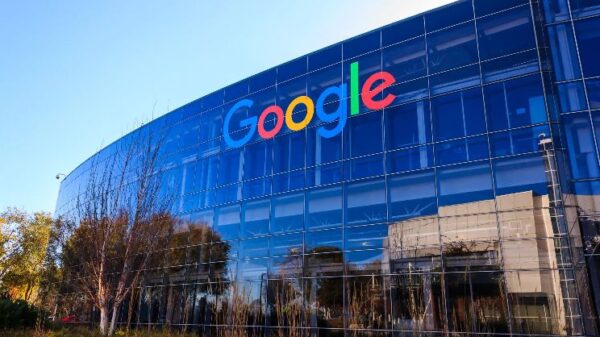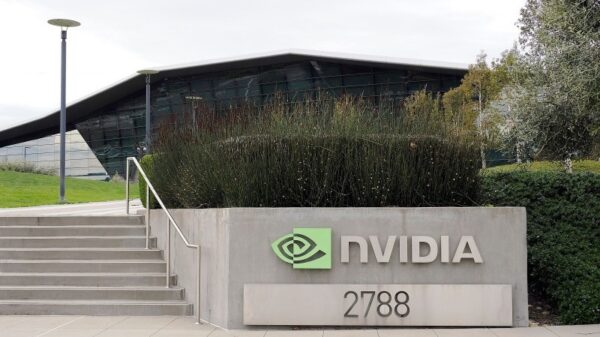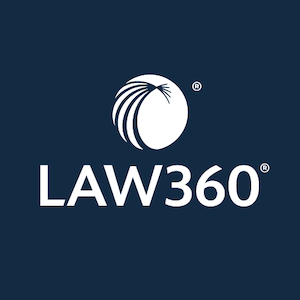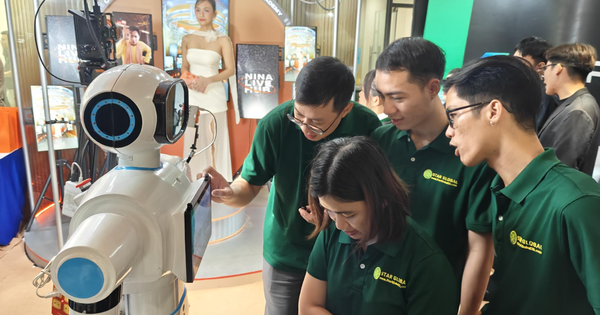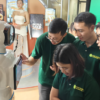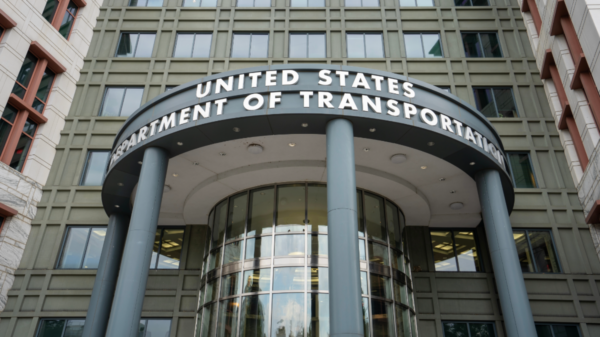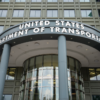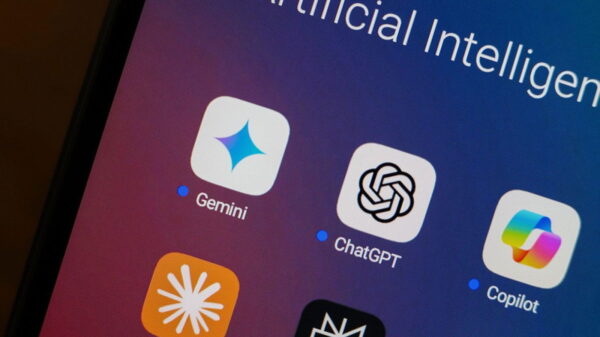The Tuscaloosa City Schools board of education is actively seeking to integrate artificial intelligence (AI) into its classrooms, aiming to empower educators, support families, and engage students. The district’s goal is to cultivate essential AI literacy skills among students, preparing them for future career opportunities in a rapidly evolving job market. Dr. James Pope, the district’s deputy superintendent, emphasized the necessity of equipping students for an “ever-changing world,” asserting, “Premier looks like our kids being able to… be competitive, more prepared for the future.”
As part of this initiative, the district is currently training its staff on how to facilitate student interaction with AI tools, including the Google Gemini chatbots. Dr. Pope assured parents and community members that appropriate safeguards are in place to regulate student engagement with AI technologies. While excitement for these tools is palpable among teachers, concerns about potential misuses—particularly in the areas of writing skills and dependency on AI—have also been raised.
Community Engagement and Transparency
Families within the district have expressed a strong desire for transparency regarding AI’s educational role and its implications for students. In response, the district plans to host an “Hour of AI for Families” event in January, where it will outline its comprehensive vision for AI integration. Full rollout of AI across the curriculum is anticipated for the 2026 academic year.
Despite the numerous benefits associated with AI technologies, Dr. Pope emphasized that the most invaluable asset in any classroom will continue to be the skilled educator who actively engages with students and fosters relationships. This assertion highlights the importance of maintaining a balanced approach to AI integration, ensuring that technology complements, rather than replaces, the personal touch that teachers provide.
The Future of AI in Education
The initiative by Tuscaloosa City Schools reflects a broader trend within educational systems toward embracing technology as a foundational element of the learning experience. As districts across the globe explore AI solutions, the conversation is shifting towards how best to harness these tools while safeguarding the essential qualities of personalized education.
AI has the potential to streamline administrative tasks, provide tailored learning experiences, and offer real-time feedback to students and teachers alike. However, the challenge will be to integrate these technologies in a manner that enhances traditional educational practices and maintains a focus on student development.
In conclusion, the efforts by Tuscaloosa City Schools to adopt AI technologies illustrate a proactive stance toward the educational needs of future generations. As the district moves forward with its plans, the importance of transparency, community engagement, and the irreplaceable role of educators will remain fundamental to the success of this initiative. The next few years will be crucial in determining how well these technologies can coexist with traditional teaching methodologies to foster an enriching educational environment.
See also Hugging Face CEO Warns LLM Enthusiasm May Eclipse Broader AI Potential
Hugging Face CEO Warns LLM Enthusiasm May Eclipse Broader AI Potential EU Delays AI Act Implementation; Industry Lobbying Influences New Proposal
EU Delays AI Act Implementation; Industry Lobbying Influences New Proposal Microsoft AI Code Usage Hits 30% Amid Windows 11 Update Chaos and Investor Doubts
Microsoft AI Code Usage Hits 30% Amid Windows 11 Update Chaos and Investor Doubts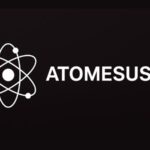 India’s ATOMESUS AI Launches Advanced Platform with Focus on Multilingual Optimization and Data Sovereignty
India’s ATOMESUS AI Launches Advanced Platform with Focus on Multilingual Optimization and Data Sovereignty Hugging Face Partners with Google Cloud to Enhance AI Model Access and TPU Support
Hugging Face Partners with Google Cloud to Enhance AI Model Access and TPU Support
